India by Train
For female travellers, India is unwelcoming. Double standards, restrictions and taboos surrounding sexual behaviour make many Indian males ticking time bombs.

We started our journey through India from medieval feeling Kolkata watching beggars and bare-feet men draw rickshaws, and we smelled the stench of urine and learned to dodge numerous human droppings on the streets.
In Kolkata’s backpacker ghetto in Sudder Street, we also got to know the two main types of travellers that are drawn to India: drug addicts and spiritual travellers. For us the big question our journey evoked was: can there be spirituality without love?
Awesome Indians
Our knowledge of India gained depth after living with locals. We met many intelligent, conscious, caring and lovely people which was the highlight of our journey. India taught us again that we really are travelling for people, not for places. We found Indians very helpful. Whenever we needed advice, it was readily and abundantly available.
India is proud to be the world’s largest democracy. What most Indians forget to mention, however, is the fact that over half of the country’s population live in absolute poverty and they are denied papers that are necessary for voting. This, and the thriving corruption, probably make India the world’s largest travesty of democracy. Another paradox that perplexed us was that a peace-loving Hindu nation is now the world’s biggest importer of arms. It is not hard to imagine what Gandhi would have said about that.
India is far from perfect but Indians are very good in marketing. The campaign “Incredible India” has went on for years and the country’s lure just doesn’t seem to fade. Some of the biggest money-making machines in India are gurus, saints, and their ashrams. For Indians, gurus are merely clever businessmen who help dimwit foreigners to get rid of their worldly possessions, and holy yoga is just an exercise for the old just like Tai Chi in China, but many Westerners buy and revere these products. Among one of the most famous gurus is Osho, who has a huge and elaborate centre in Pune. It welcomes everyone (except those infected by HIV) who are willing to pay dearly for accommodation. The Osho centre has, among other luxuries, a swimming pool and a tennis court. Another world-wide known guru is Sri Aurobindo, whose base, Pondicherry, kept us put for 1,5 months — but not because of the ashram. This former French colony was simply cleaner than any other town we visited in India.
Pondicherry is not representative of India at all. In the city you can buy foreign luxury foods and almost genuine French bread, baguette. Most tourists travel through Pondi to Auroville, which is one of the biggest tourist attractions in the south. Auroville originally started from spiritual ideals, but after the founders died, government took over and transformed it to a lean and mean money-making machine. Talking with people who had been there and reading their media information site convinced us not to go there. Aurovilleans claim that the place belongs to humanity when it is actually owned and controlled by the Indian government. We preferred Pondicherry’s little town feeling, and walked the beach boulevard filled with lovely stray dogs almost every morning admiring the sunrise.
Riding trains and eating out
Travelling by train in India is pretty straightforward thanks to foreign ticket offices and foreigner quotas. You can always get a ticket for the busiest routes for the next day even if it is a local holiday season. Locals have to try their luck in the endless reservation queues or rush into trains without reservation and fight for places. In smaller cities where there are no foreign ticket office you might be better off using buses. In Pune, we had to queue from 4:00 am to 8:30 am for last minute tickets (takkal).
We tried different train classes and came to the conclusion that AC3 is best value for money. There is less hassle than in sleepers (fan, no air-con) where people with unreserved tickets try their luck and occupy beds. We had to constantly play the police or the conductor, ask people for their tickets to get our own seats and drive intruders away. The benefit of having an AC1 or AC2 is minimal compared to the cost: just a bit more space. The only time we tried AC2, it happened to be infested by bedbugs. For day trips, the first class chair, CC, is definitely worth the money but unfortunately rare in many routes. The CC cars are new and all the drinks and food plus newspapers are included in the price.
Indian food is excellent, especially if you don’t mind eating flesh and other animal products accompanied by loads of salt. Vegetarians are quite well served in pure-veg places that carry only vegetarian dishes, but for vegans India is complicated. Almost all dishes include dairy products, at least Indian clarified butter (ghee), and often also eggs, yogurt, and honey. Although cows are treated a bit better in India than in the West, we sticked to our vegan diet whenever possible.
Mostly inexpensive, but not always
We were warned that India is extreme but failed to experience those extremes. India has many faces in the sense that all generalisations are doomed to fail. India is, for example, not always as cheap as one could expect. In Pune and Mumbai even the cheapest and crappiest accommodation costs much more than in Thailand, and you cannot even compare the quality. The hotel rooms are not clean and bed bugs abound everywhere in India, even in middle-range accommodation. In many hotels and apartments there was a permanent lack of water and constant power cuts reminding us of Africa which is, in fact, a more relevant comparison point to India than any South-East Asian country. Drinking water was precious and relatively costly. In a country where people can rent an apartment with a handful of rupees, one litre of water can cost 0,35€ (16 rupees). What is good in India is price regulation. Most of the products have a maximum retail price (MRP) printed on the package, and the sellers are not allowed to exceed that price.
The noise in the streets was as incredible as Santeri remembered from his previous visit to Chennai and Bangalore a decade ago. Everyone is honking their horns like maniacs and trying to hit as many pedestrians as they can. What also hadn’t changed was shitting and pissing in public places which makes the country feel like a cross-breed of a giant toilet and a junkyard.
A loveless macho-nation
For female travellers, India is unwelcoming. Double standards, restrictions and taboos surrounding sexual behaviour make many Indian males ticking time bombs. When we were travelling in a jam-packed bus in Chennai, one little guy started rubbing himself on Päivi. He didn’t stop even after Santeri started rubbing himself on him in turn. Obviously he was too excited by Päivi’s presence to take any notice of Santeri.
Indian men are in many sense much like their Italian brethren: they worship their mothers. Sex is only allowed in marriages which are still arranged most of the time, even for highly educated people living in cities. Before marriage, the closest of sex Indian men can get is walking behind foreign women and masturbating, or trying to grab their breasts or bottoms and run quickly away. This leads to secrecy, police protecting rapists, encouraging infidelity, causing sexual frustrations and loveless marriages. A funny detail is that if you see a ring in a toe of a woman, that means she is sexually active. The ring supposedly boosts her libido — which is naturally inexistent in the Victorian atmosphere. It is no wonder that Indian women do not enjoy sex when they are treated as objects. For them, sex is a sacrifice and reminds more of a rape than an act of love. The remedy for this would be giving up arranged marriages and letting people openly love each other and themselves.
Don’t count on accessing the internet. It was the biggest reason why Santeri didn’t start business in India twelve years ago, and now the situation is even worse. The elite is using the Mumbai terror attacks as an excuse to limit access to the internet and control everyone. In hindsight, the only instance who benefited from the attacks was the elite itself. When entering an internet cafe you need to show your passport, and connecting your own laptop is mostly out of the question. The only option is to use their slow computers which are infested with trojan horses, viruses, keyloggers and other malware stealing your passwords and revealing your secrets.
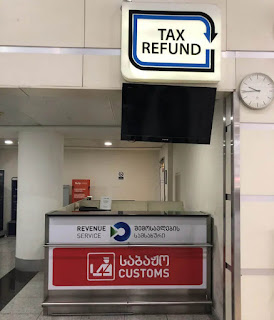





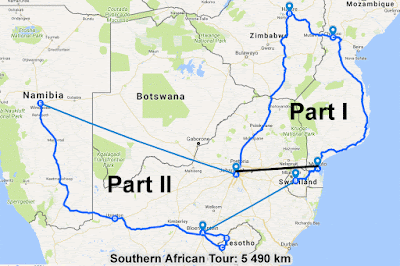
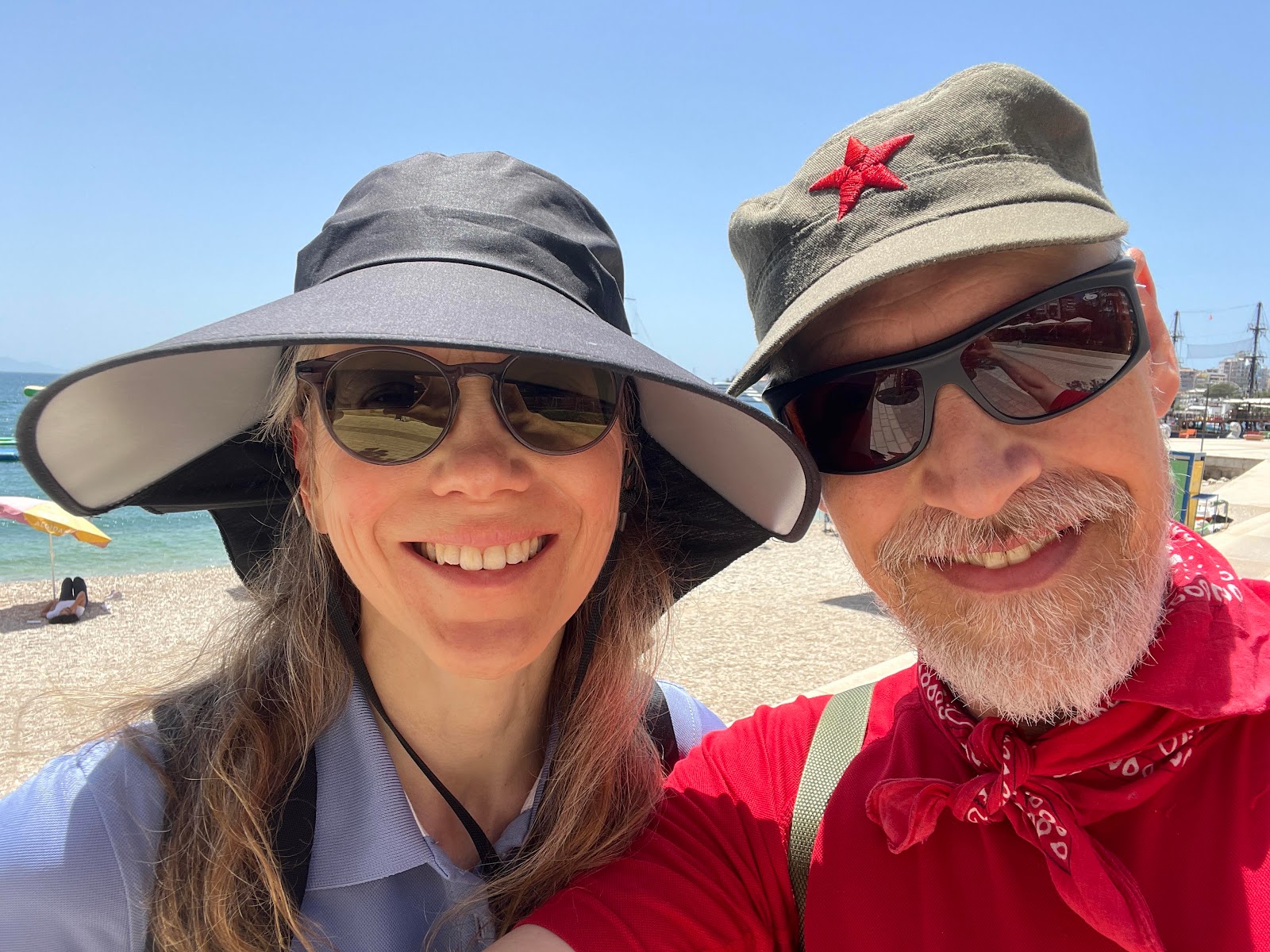
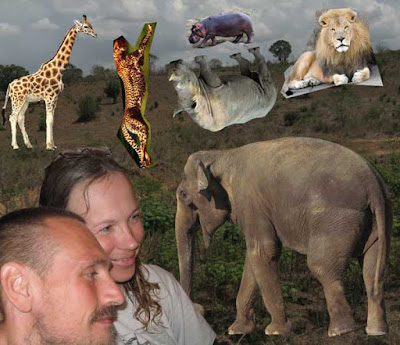
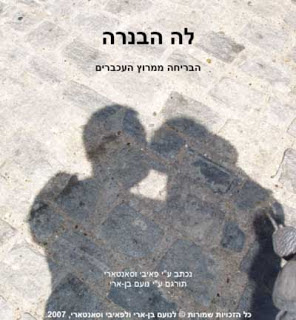
Comments
Of course there is a lot of spiritual business in India, but what about true teachers?
The only truth is that there is no truth.